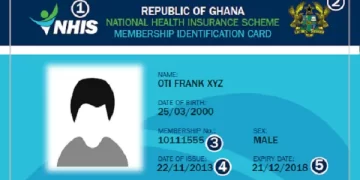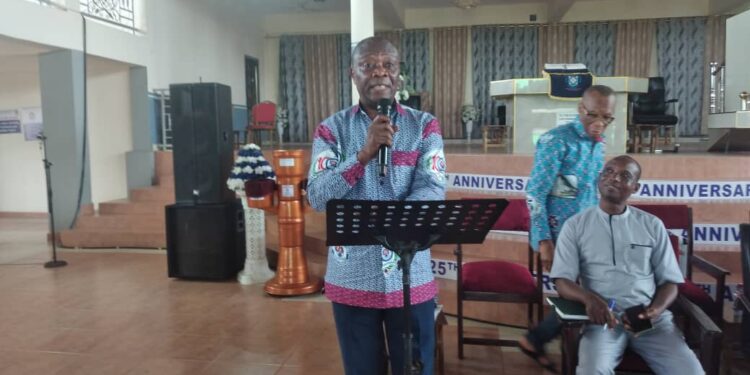No history of Western Formal education in Ghana can be complete without reference to the role of the Mission groups.
This is the assertion by a professor of Educational Leadership at the Institute for Education Planning and Administration, UNESCO Category II Centre of Excellence of the University of Cape Coast, Prof. George K.T. Oduro.
According to him, formal education initially operated in Forts and Castles built by the colonial masters but was said to be discriminatory regarding its enrolment.
However, he added that formal education became accessible to the wider society through the efforts of mission groups.
Prof. George Toku Oduro revealed this while delivering a speech at the Annual Education Durbar of the Central Presbytery Department of Education of the Presbytery Church of Ghana at Agona Swedru in the Central Region.
To him, although, literature is replete with arguments that suggest strongly that the heartbeat of Missionary provision of school education was evangelism, they have contributed immensely towards the development of formal education in Ghana.
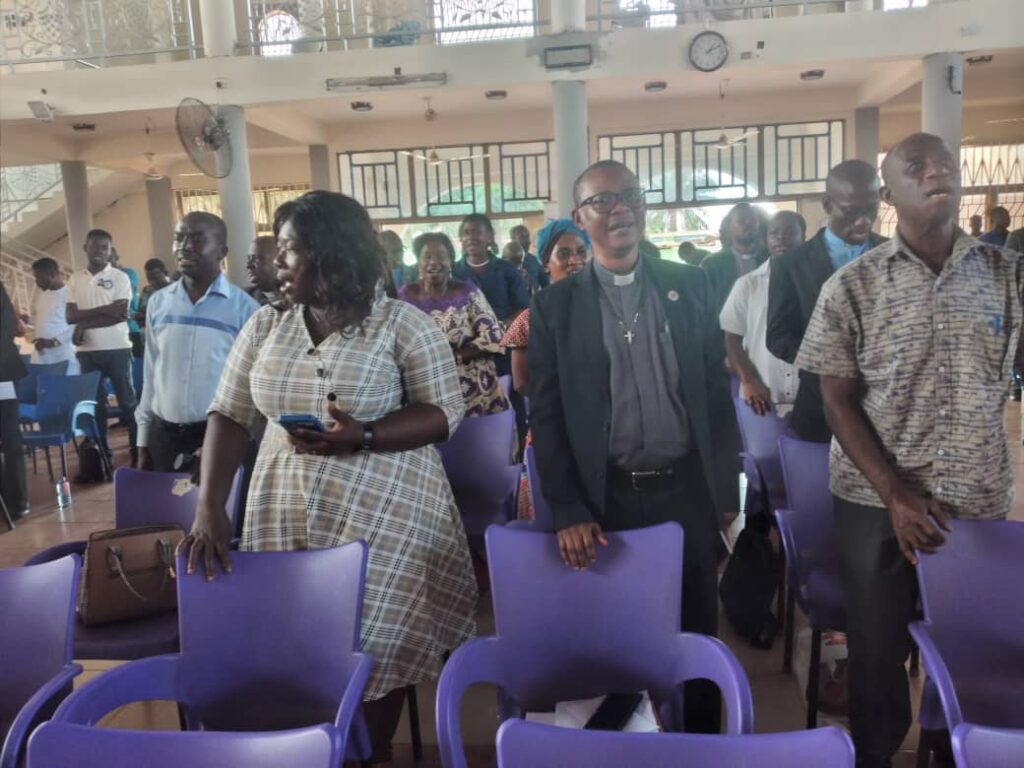
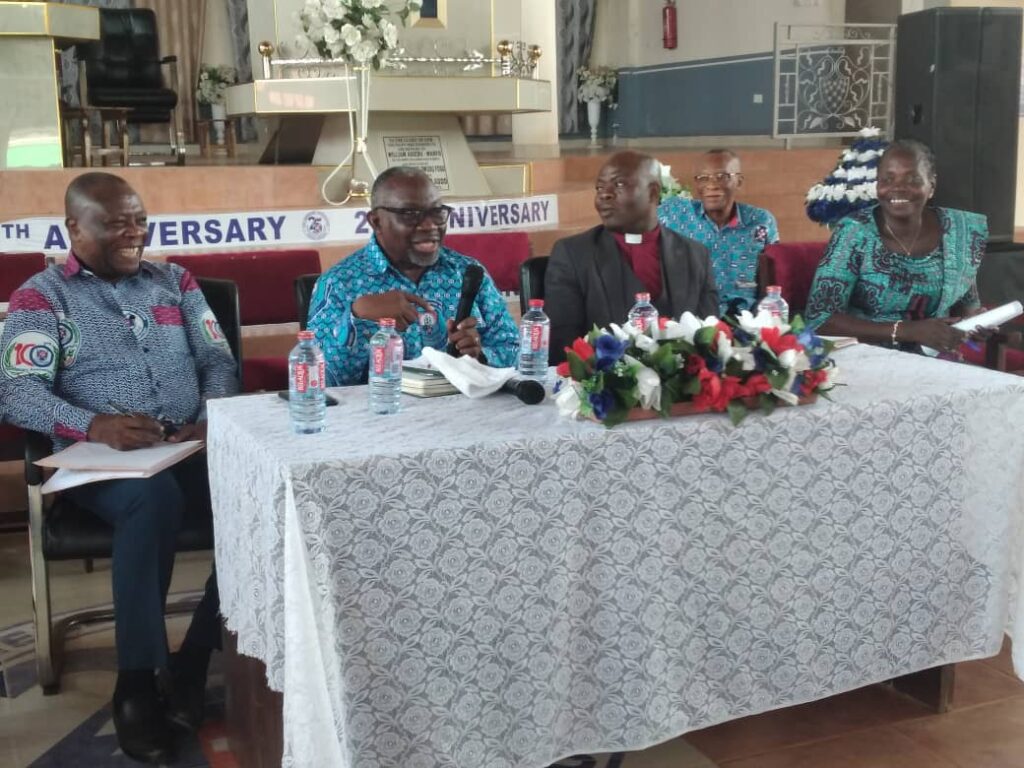
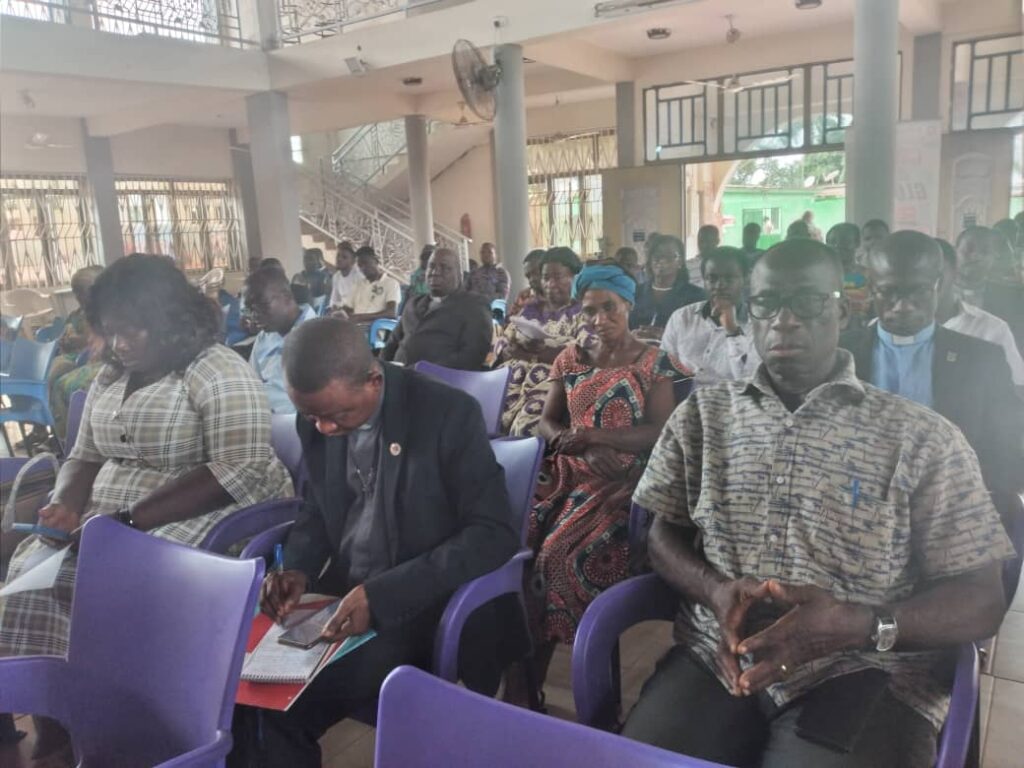
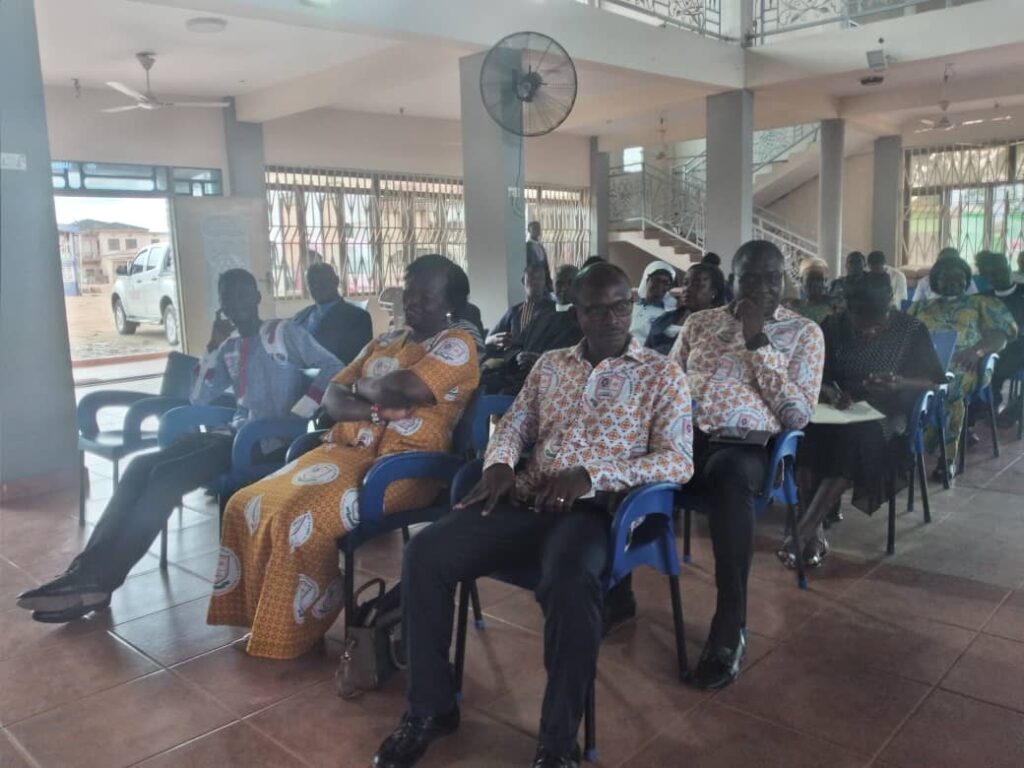
He said, “The mission groups deemed education as the strongest and reliable tool for changing the mindset of people and equipping them with the requisite knowledge, attitudes and skills for making them useful to themselves and the entire society in which they operate as adults”.
Speaking on the theme: The Role of PCG in Ghana’s Education: the Past, the Present and the Future, Prof. Oduro indicated that the Presbyterian Church of Ghana (which traces its origin to the Basel Mission, Switzerland, and the Church of Scotland) like the other Mission groups since its inception has made and continues to make a positive impact on the socio-economic development of Ghana, specifically in the health, agriculture and education sector.
“By 1889, the Basel Mission had to its credit; 92 schools with a total enrolment of about 2,500 children which increased to 154 schools with enrolment of 4, 984 children by 1898”, he added.
Adding that the PCG also made girls’ education as important as that of boys, and pioneered the establishment of a Teacher Training College in Ghana.
This he said was with the establishment of the Presbyterian Training College, Akropong Akuapim in 1848, as well as its commitment to vocational, Technical and Agriculture schools.
The professor of Educational Leadership however revealed that despite the church’s commitment towards educational development in the country, the church continues to grapple with the challenges of managing its schools due to several policies enacted by successive governments.
He said these policies have directly or indirectly reduced the role of the private sector in education including PCG in the provision and delivery of education.
“Thus, although the PCG and other religious bodies have made several attempts towards regaining full control of their schools, the controversy surrounding the management of mission schools continues to be puzzling”, he asserted.
According to Prof. K.T Oduro, despite the benefits such as absorption of teachers’ salaries and infrastructure provision that come with the government’s management of mission schools, it has created a monopoly over the creation, distribution and use of legitimate political power to regulate education.
He, therefore, appealed to the government to provide an enabling environment to assist the Mission groups to continue to offer their support to education delivery and provision.
Read also: Policy framework for electric vehicle usage in the offing – Dr. Bawumia
Source: Eric Sekyi/ATLFMNEWS









